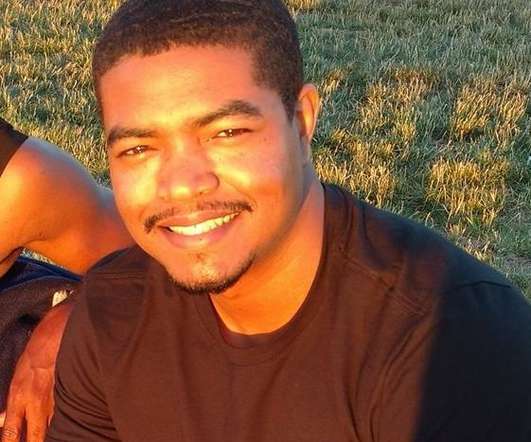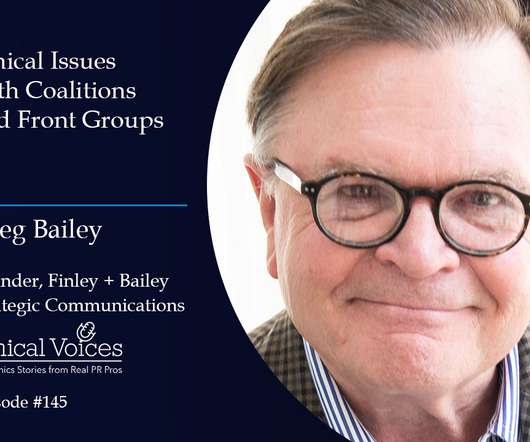Meet the Media: Vince Bond, Reporter at Automotive News
Bianchi Biz Blog
NOVEMBER 16, 2020
Every part of the industry has had to recalibrate and figure out how to design, build, sell and advertise vehicles in this new environment. I put an advertising spin on this topic and wrote a piece about how dealers and advertising agencies are depicting mask usage in their ads. Don’t pitch story ideas, pitch sources.













Let's personalize your content